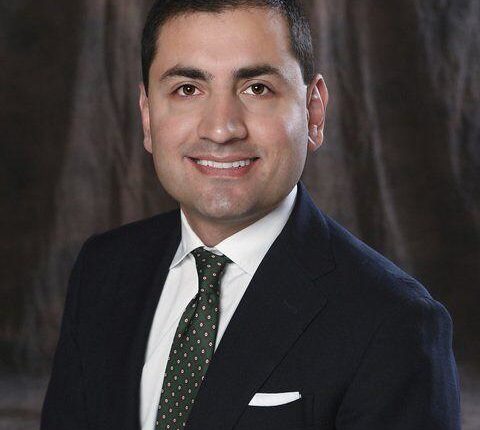Market volatility this year may have prompted you to review your investment plans, including your retirement goals. As you watch them, perhaps you should consider converting from a traditional IRA to a Roth IRA.
Roth IRAs possess characteristics that make them generally attractive planning tools; for example, they are not subject to minimum distribution rules during the lifetime of the original account holder, which means you can use them as a property planning tool to transfer money to your heirs.
A combination of changes in tax law and market conditions could make the Roth IRA even more attractive now, especially for investors who are in a position to pay conversion taxes with non-retired assets.
Here are four reasons why now might be a good time to convert:
1. If market instability has reduced the value of your portfolio, you may have to pay less taxes. When you convert to a Roth IRA, you will owe tax on contributions that are deductible from taxes you paid into a traditional IRA, as well as on tax-deferred earnings that may have accumulated in your account over the years. A lower account value usually results in a lower tax bill.
2. If you expect the value of your portfolio to recover in the future, the conversion now could protect future earnings from taxation. Following the conversion, any assets in the Roth IRA could potentially grow on a tax basis, and qualifying distributions would be non-taxable. *
3. If you expect future tax rates to be higher when you start taking distributions, converting and paying lower taxes can now make economic sense. Moreover, qualified distributions would be tax-free. *
4. Your non-spouse customers can allow the inherited Roth IRA to continue to grow potentially, without taking divisions until age 10 when they fully distribute the account without tax consequences. Following the adoption of the SECURE Act in late 2019, non-spouse beneficiaries typically have to distribute an inherited IRA by the end of the 10th calendar year beginning the year after the IRA owner dies.
If your employer’s qualified retirement plan, such as 401 (k) or 403 (b), offers the option of a Roth account, you may want to consider paying contributions to this account. Named Roth account assets can only be transferred to a Roth IRA or Roth account designated by another employer, if that plan accepts the transfer.
It is important to remember that you can no longer re-characterize or undo a Roth IRA conversion. This is an important decision, so contact your financial advisor to discuss whether a Roth IRA conversion is right for you.
* Qualified Roth IRA distributions are not included in gross revenue. Distributions of a Roth IRA are generally considered “qualified” provided that the Roth IRA has been open for more than five years and the owner has reached 59 1/2 years of age or meets other requirements. Withdrawals may be subject to an IRS tax of 10% for early distributions or prior to distribution before 1/2.
Roth IRA conversions are not suitable for all individuals. Wells Fargo Advisors is not a tax or legal advisor. Please consult your financial, tax and legal advisors before taking any action that could have tax or legal consequences and to determine if the Roth conversion is appropriate for your specific situation.
Please note that transferring the assets of your pension plan sponsored by your qualified employer to the IRA is only one option. Each option has advantages and disadvantages, and which one is best depends on your individual circumstances. You should consider features such as investment opportunities, fees and costs, and services offered. Investing and maintaining assets in an IRA typically involves higher costs than those associated with QRP. We recommend that you consult with your plan administrator before making any decisions regarding your retirement assets.
This article was written by Wells Fargo Advisors and courtesy of Alonso Martinez-Financial Advisor in Valdosta at 229-259-7844.
Investments in securities and insurance products are: NOT INSURED FDIC / NOT GUARANTEED / MAY LOSE VALUE
Wells Fargo Advisors is a trade name used by Wells Fargo Clearing Services, LLC, a member of SIPC, a registered broker-dealer and non-banking agent of Wells Fargo & Company.
© 2019 Wells Fargo Clearing Services, LLC. All rights reserved.

